Disclosure: This article contains affiliate links. We may earn a commission from purchases at no extra cost to you, which helps our travel content.
There's something profoundly humbling about pedaling through a place where tourists are rare enough to elicit genuine curiosity rather than practiced indifference. After cycling pilgrimages across four continents, I found myself drawn to Congo's third-largest city not by TripAdvisor recommendations or Instagram hashtags, but by a hospice patient's stories of his childhood home. Two weeks in Dolisie taught me more about authentic connection than years of more conventional travel ever could.
Arriving in Dolisie: First Impressions and Cultural Adjustments
After the long journey from Brazzaville—a combination of a bumpy train ride on the Chemin de Fer Congo-Océan and the final stretch on my trusty folding bike—I arrived in Dolisie with legs aching and spirits soaring. The city sprawls between lush hills, its red dirt roads creating a striking contrast with the deep greens of the surrounding forests.
My homestay arrangement, organized through a local church connection, placed me with the Moukengue family in a modest home near the city center. Mama Jeanne, the matriarch, greeted me with a bowl of fufu and saka-saka (cassava leaves stew)—no English, just the universal language of a warm smile and nourishing food.
That first night, bathing from a bucket under a ceiling of stars so bright they seemed artificial, I realized how thoroughly my Western expectations would need recalibrating. No running water meant carefully rationing my water purifier, which quickly became my most valued possession. The consistent power outages made my solar charger essential rather than just an eco-friendly accessory.
By day three, the initial culture shock had transformed into something closer to rhythm—waking at dawn with the neighborhood roosters, helping Mama Jeanne at the market, and learning enough Kituba phrases to make the local children giggle at my pronunciation.
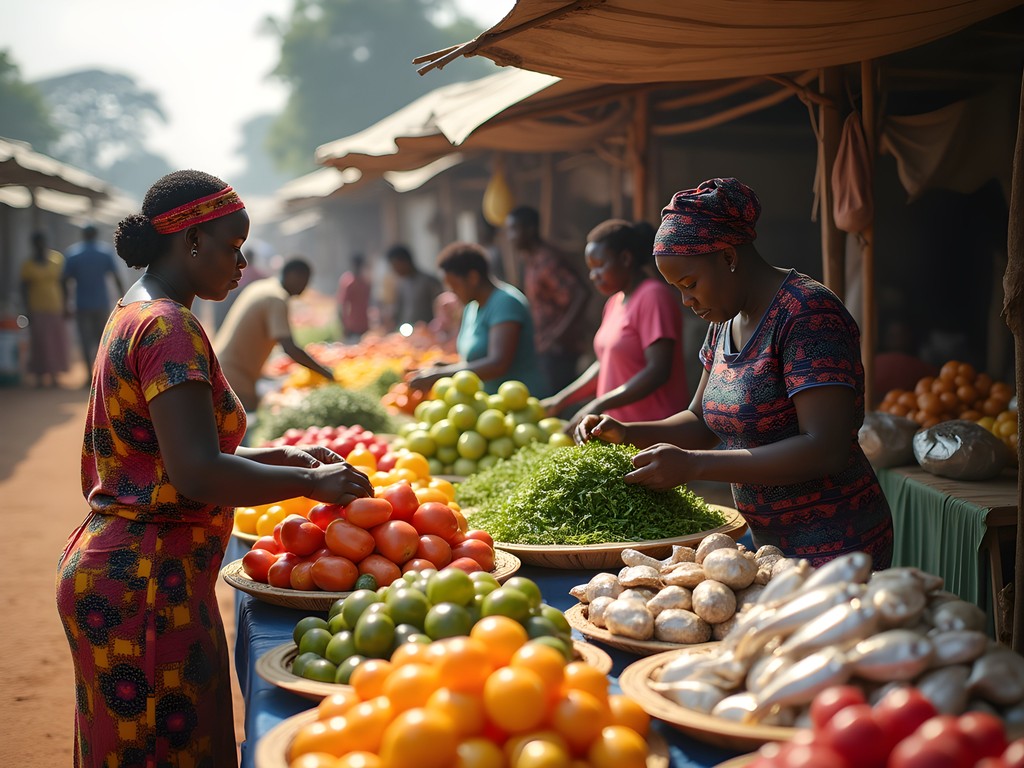
💡 Pro Tips
- Learn basic Kituba phrases—locals appreciate the effort even if your pronunciation isn't perfect
- Bring small photos of your home and family as conversation starters when language barriers exist
- Accept food offerings when visiting homes—refusing can be considered impolite
Sacred Spaces in an Evolving Context
My cycling pilgrimages have always centered around sacred spaces, and Dolisie offered unexpected richness in this regard. The Catholic Cathedral of Saint Paul stands as the city's most prominent religious landmark, but it was the smaller, community-based places of worship that captivated me most.
Each morning, I'd clip my bike lights onto my handlebars and pedal to different neighborhoods, following the sounds of early morning prayers and songs. The evangelical churches blend traditional Congolese spiritual practices with Christian theology in ways that feel both ancient and thoroughly modern.
In Quartier Mbinda, I discovered a small prayer circle that meets under a massive mango tree. The leader, Pastor Emmanuel, invited me to join despite our language barrier. "God understands all tongues," he said through a young translator who had learned English from American missionaries. The service incorporated traditional drums, call-and-response singing, and a communal meal afterward.
What struck me most was how these sacred spaces serve multiple functions—spiritual center, community meeting place, informal school, and social safety net. When a local family lost their home to fire, it was the church community that immediately provided shelter, clothing, and rebuilding assistance.
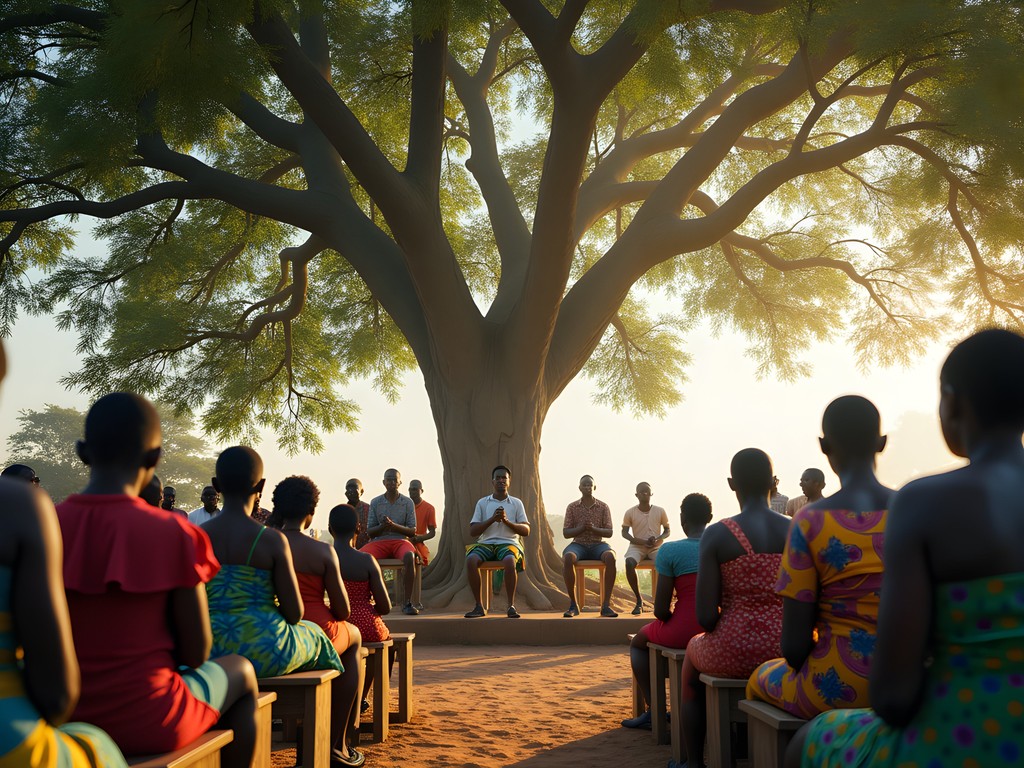
💡 Pro Tips
- Always ask permission before photographing religious ceremonies
- Women should carry a scarf to cover their heads when visiting certain religious spaces
- Bring a small monetary offering when attending services as a visitor
The Unexpected Digital Nomad Scene
If you had told me I'd find viable coworking options in Dolisie, I might have laughed. Yet necessity breeds innovation, and Congo's emerging tech entrepreneurs have created solutions to stay connected despite infrastructure challenges.
My search for reliable internet led me to "Le Centre," a converted colonial-era building now serving as a community tech hub. For a modest daily fee (about 5000 CFA francs, roughly $9 USD), you get access to relatively stable internet, backup generators during power outages, and a community of young Congolese professionals eager to practice English and share their projects.
My travel router became an instant hit among the regulars, who were fascinated by how it could strengthen and extend the center's sometimes finicky WiFi signal. I ended up leaving it as a parting gift when I departed.
The most surprising discovery was a small coffee shop called Café Numérique near the train station. Started by a Congolese-French couple, it offers surprisingly good espresso and a dedicated coworking space in the back room. Their solar power station setup ensures devices stay charged even during the frequent power cuts.
While working there, I met Pascal, a self-taught web developer creating agricultural tracking apps for local farmers. His perspective on how technology could help preserve traditional farming knowledge while improving efficiency became the subject of one of my most-read blog posts from this journey.
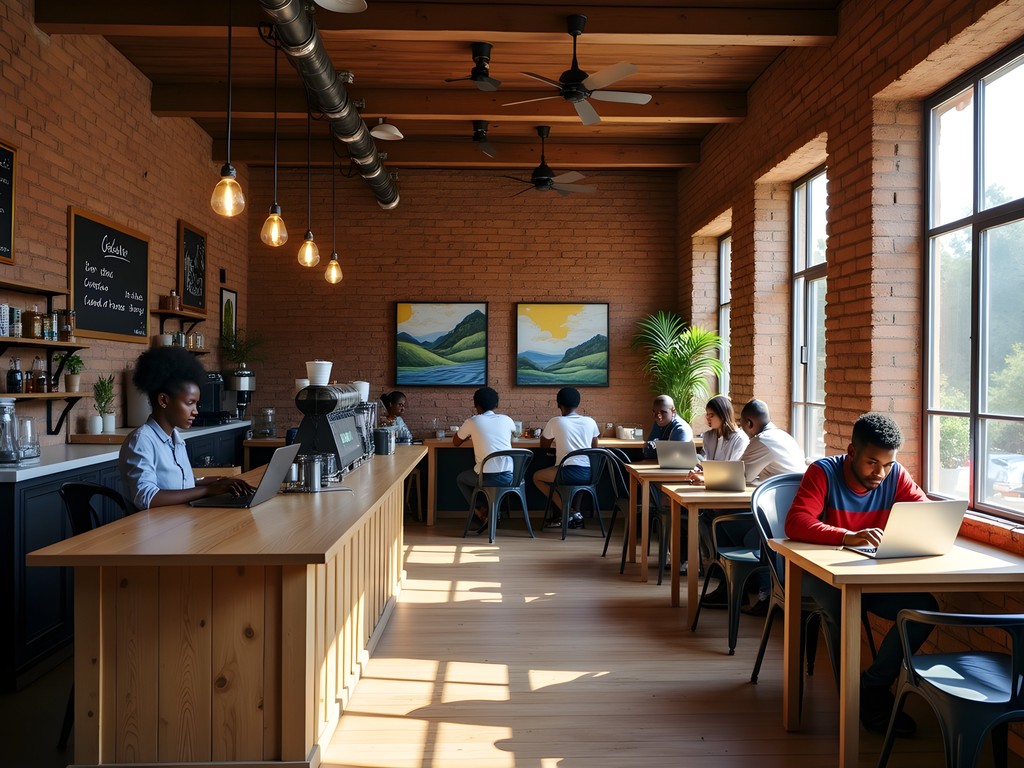
💡 Pro Tips
- Bring a power strip to share—it's a quick way to make friends at coworking spaces
- Download offline work materials in advance as internet speeds are unpredictable
- Budget for mobile data as backup—MTN offers the most reliable coverage in Dolisie
Cycling Through Rural Communities
The true heart of my Dolisie experience unfolded on two wheels, exploring the surrounding villages that rarely see foreign visitors. With my handlebar bag packed with water, snacks, and small gifts for children, I'd set out at dawn when the temperatures were still forgiving.
The road to Kimongo revealed breathtaking landscapes—rolling hills dotted with palm trees, cassava fields stretching to the horizon, and the occasional glimpse of forest elephants in the distance. My compact binoculars proved invaluable for wildlife spotting without disturbing these majestic creatures.
In the village of Mbinda, I was invited to a palm wine harvesting demonstration by a family who spotted me photographing their trees. The father, Pierre, showed me how they climb the towering palms using only a simple rope harness, then tap the trees for their sweet sap that ferments into malafu (palm wine). We sat in the shade afterward, sharing the fresh, mildly alcoholic beverage while Pierre's children examined my bicycle with fascination.
These rural excursions required careful preparation. The water filter straw allowed me to safely refill from local water sources, and my first aid kit came in handy when I took a minor spill on a particularly sandy stretch of road.
The most profound moments came from impromptu stops—joining women pounding cassava into flour, being taught traditional fishing techniques at a small stream, or simply sitting with elders who shared stories through patient translators. These encounters rarely made it to my Instagram feed (signal was nonexistent), but they're etched more deeply in my memory than any perfectly filtered sunset.
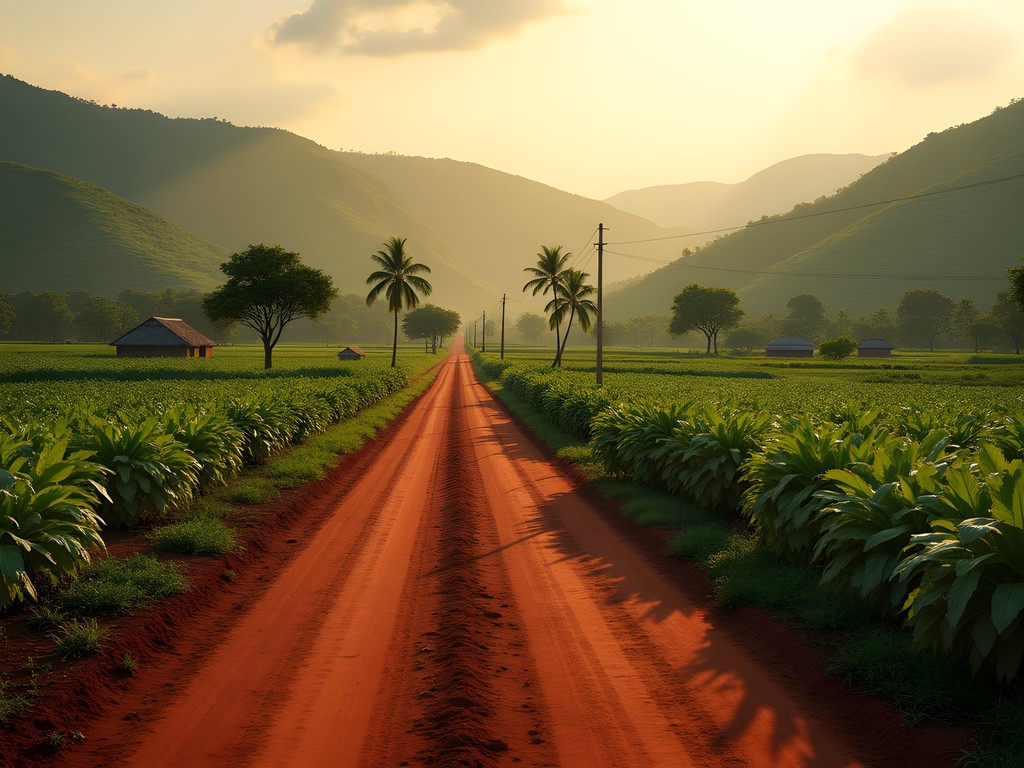
💡 Pro Tips
- Carry small gifts like pencils or solar-powered lights for villages—useful items are better than candy or toys
- Learn to fix basic bike issues yourself as there are no bike shops outside the city
- Respect photo etiquette—always ask before taking pictures of people, especially in rural areas
Finding Connection Through Food and Music
If cycling is my passport to new places, food and music are my interpreters. In Dolisie, both opened doors that would have otherwise remained closed to a foreign visitor.
My homestay cooking lessons with Mama Jeanne became a daily ritual. She patiently demonstrated how to prepare moambé chicken, chikwangue (fermented cassava paste), and makayabu (salted cod with vegetables). I recorded her techniques using my waterproof notebook, which withstood the steam and splashes of an active kitchen.
The central market became my morning classroom, where I learned to haggle for ingredients with dramatic gestures and growing vocabulary. The vendors nicknamed me mwana mputu (child from Europe) and would save special items for my visits—a particularly ripe pineapple or fresh fish from the Loémé River.
Music provided another bridge across cultural differences. One evening, following drumbeats to a small clearing near my homestay, I discovered a community dance gathering. Initially watching from the periphery, I was eventually pulled into the circle by a grandmother who found my awkward attempts at traditional moves hilarious but endearing.
Later in my stay, I was invited to a wedding celebration where the portable speaker I had brought as a host gift was put to immediate use. The bride's family was touched when I played some Congolese soukous music I had downloaded before my trip, and the resulting dance party lasted until dawn.
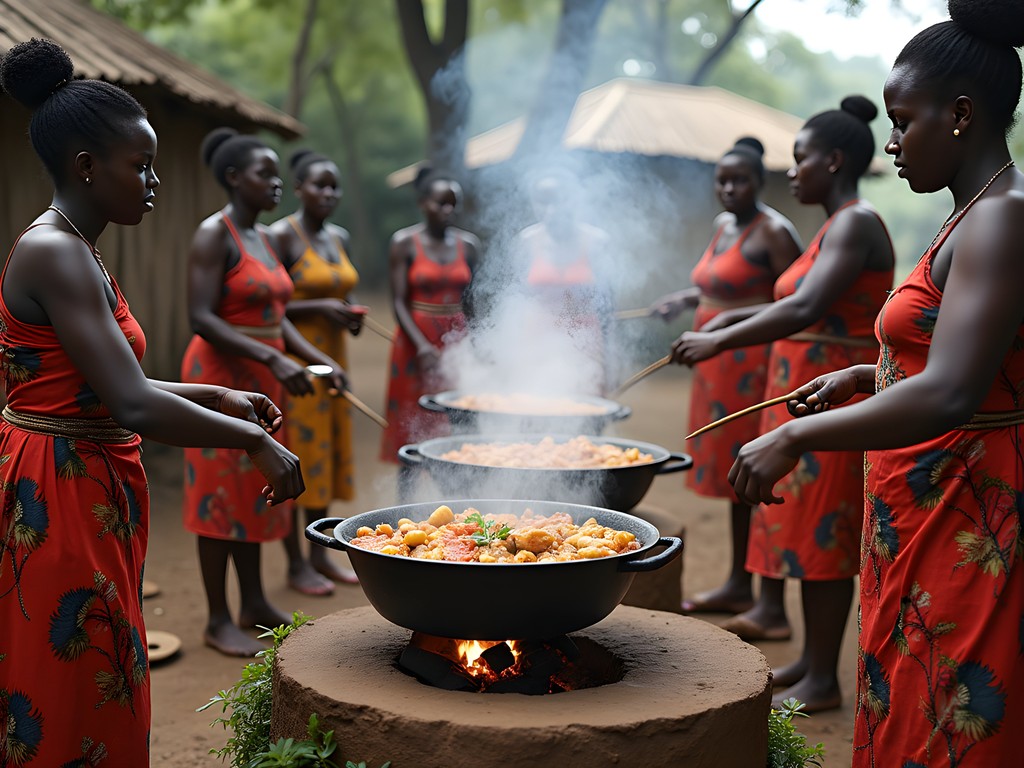
💡 Pro Tips
- Learn to eat fufu properly with your right hand—it's a staple at most meals
- Bring music from your home country to share—cultural exchange through songs creates instant connections
- Offer to help with food preparation when staying with families—it's the fastest way to learn about daily life
Final Thoughts
As my folding bike and I boarded the train back to Brazzaville, I found myself already planning a return to Dolisie. Not for its tourist attractions—of which there are admittedly few by conventional standards—but for the profound sense of belonging that emerged from simply living alongside its people.
The city taught me that cultural immersion isn't found in carefully curated experiences or Instagram-worthy moments, but in the mundane rhythms of daily life: fetching water before dawn, the communal preparation of meals, impromptu afternoon dance sessions when the power cuts out, and conversations that unfold over days rather than minutes.
Dolisie reminded me why I first started cycling pilgrimages—not to collect destinations like trophies, but to slow down enough to truly inhabit a place, however briefly. In our increasingly connected world, there's something sacred about places where genuine curiosity still trumps curated experiences, where your presence as a visitor isn't immediately filtered through the lens of economic opportunity.
If you're willing to embrace discomfort, abandon expectations, and approach each interaction with humility, Dolisie offers something increasingly rare in our traveled world: the opportunity to be not just a visitor, but a temporary neighbor in a community that still remembers how to welcome strangers.
✨ Key Takeaways
- Cultural immersion requires abandoning the tourist mindset and embracing daily life alongside locals
- Small communities like Dolisie offer authentic connections increasingly difficult to find in more traveled destinations
- Practical skills (basic language, cooking, cycling repairs) open doors to experiences that remain closed to more conventional tourists
📋 Practical Information
Best Time to Visit
June-September (dry season)
Budget Estimate
$30-50 USD daily excluding transportation to Congo
Recommended Duration
Minimum 10 days, ideally 2+ weeks
Difficulty Level
Challenging
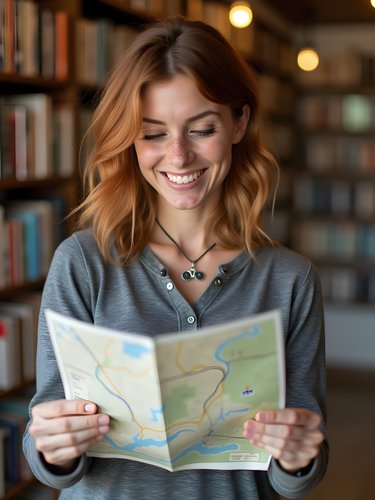
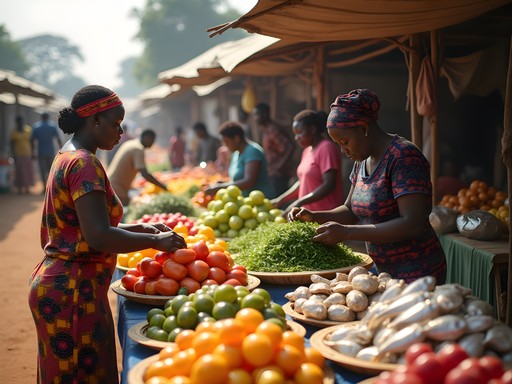
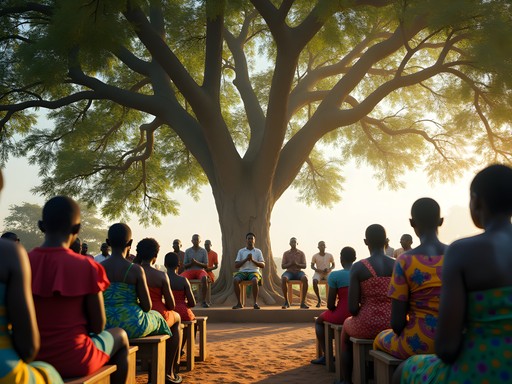
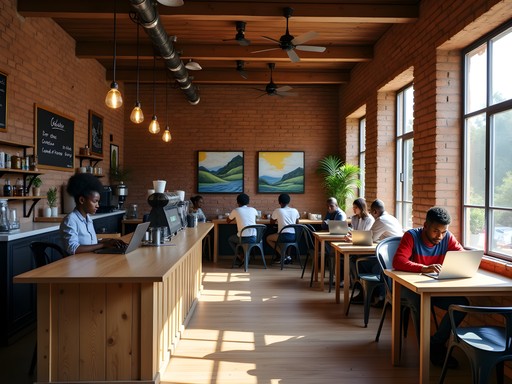
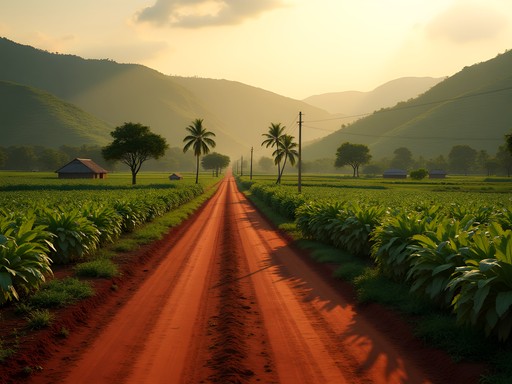
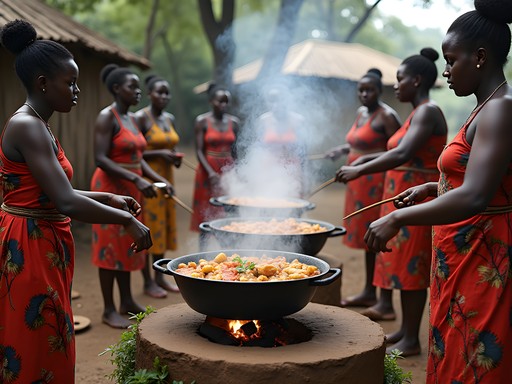


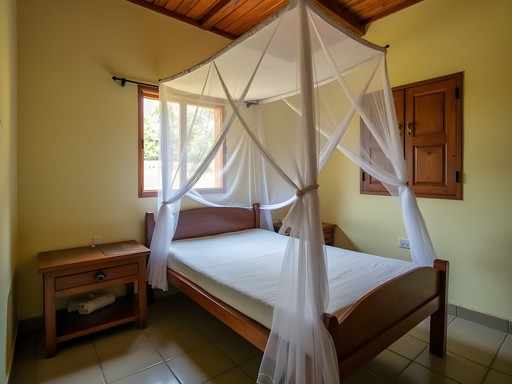
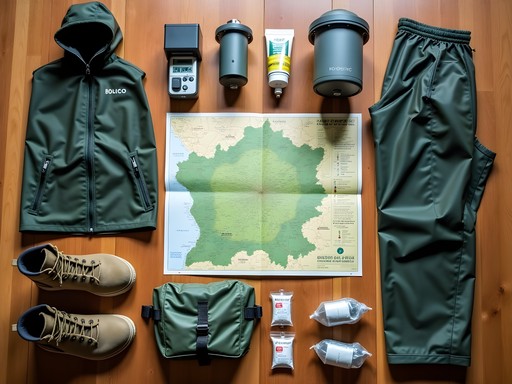
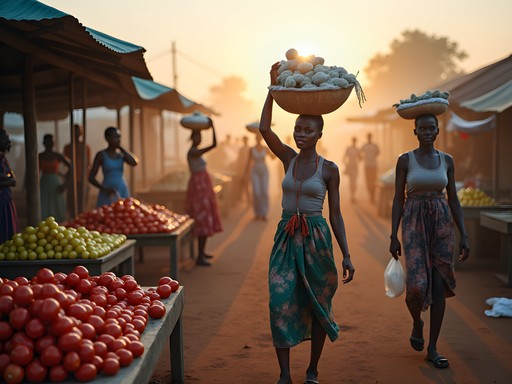
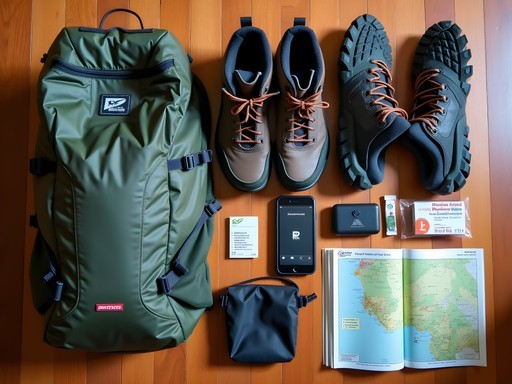
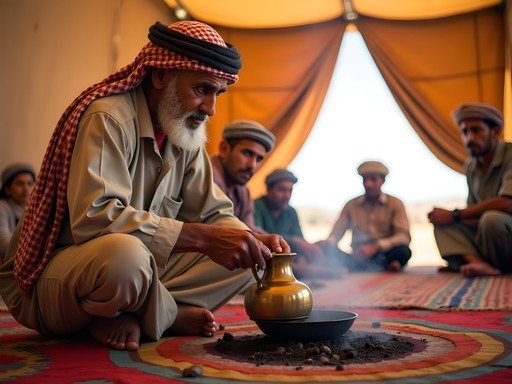
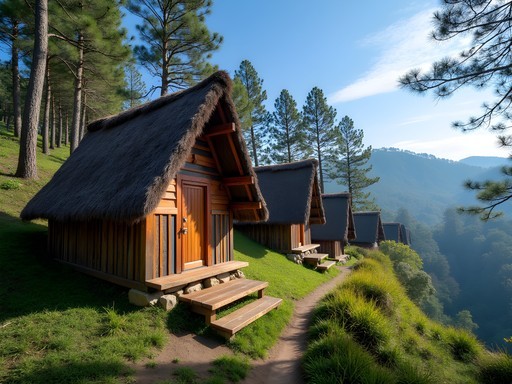
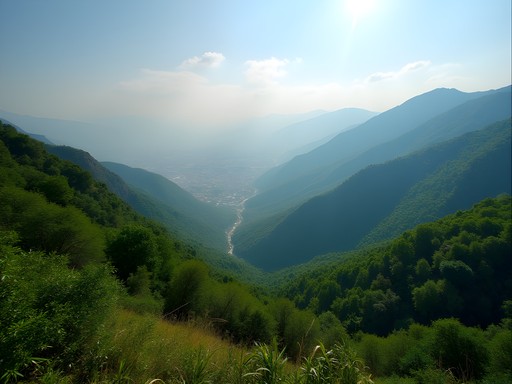
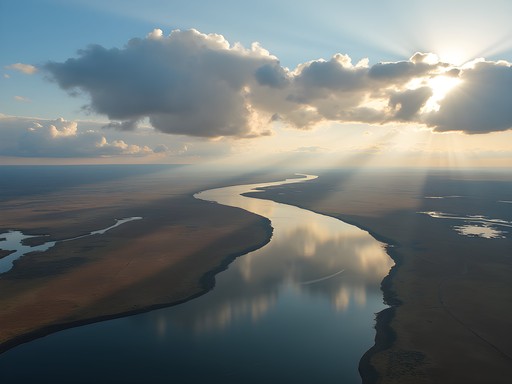
Comments
photovibes
wait there's actually a digital nomad scene there?? how did you find out about it before going?
Ashley Grant
I didn't! Total surprise when I arrived. Just stumbled into a cafe and met a few remote workers. It's super small but growing.
Jose McDonald
Ashley, this is EXACTLY the kind of travel content we need more of! I've been wanting to explore Congo-Brazzaville for ages but couldn't find much info on staying outside the capital. The digital nomad scene in Dolisie is totally unexpected - how was the internet reliability? And I'm curious about the cycling - did you feel safe on the roads or did you stick mostly to paths? I've cycled through rural Senegal and Benin but Congo hasn't been on my radar for bike touring. This post is seriously making me rethink my West Africa route for next year!
Ashley Grant
Jose! Internet was surprisingly decent in town - not blazing fast but totally workable for remote work. I stuck mostly to smaller roads and paths in rural areas. The locals were incredibly welcoming to cyclists. You should definitely add it to your route!
Jose McDonald
Awesome, thanks! Adding it to the list 🚴
Jean Wells
Your observations about the digital nomad presence really resonated with me, Ashley. I've noticed this pattern emerging in several unexpected African cities over the past few years - places that never appeared in the typical DN guides suddenly have these small but vibrant remote work communities. The authenticity you describe is precisely what gets lost once a destination hits the mainstream travel blogs. I'm curious about the cycling infrastructure - were the roads between rural communities paved, or did your folding bike handle rougher terrain? I've been considering a similar approach for my next Central African journey but wondering about the practical limitations.
Ashley Grant
Jean, great question! The main roads were mostly paved but deteriorating in places. For the rural routes, I definitely pushed the bike more than I rode it in some sections. A mountain bike would handle it better, but the folding bike's portability was worth the trade-off for me since I could easily take it on the train. If you're planning something similar, I'd say go for it - the slower pace really does change how locals interact with you.
nomadlife5925
Adding this to my list! Thanks for sharing
adventurebuddy
This sounds amazing! How long were you there?
Ashley Grant
I spent about 10 days in total - enough to really settle into the rhythm of daily life there. Would love to go back for longer next time!
adventurebuddy
cool thanks!
summerexplorer1746
This post hits different. I'm so tired of Instagram travel where everything is curated and filtered. The part about being a curiosity rather than just another tourist - that's the real stuff. Did something similar in rural Gabon and those connections you make when you slow down and actually live somewhere are what stick with you. The digital nomad angle is interesting too, might have to check it out as a base for a month or two.
oceanzone7813
Did you need a guide or could you just show up and explore on your own? My French is pretty basic
smartexplorer
not the author but i've been to dolisie. basic french helps a lot. people are super friendly though and you can get by with gestures and a smile. spent 3 days there in 2024 and just wandered around, met people at the market
Jean Wells
Your observations about the sacred spaces are particularly insightful. I've noticed across Central Africa that there's this fascinating tension between traditional spiritual practices and modern development - not conflict exactly, but a complex negotiation. The fact that you took time to understand this context rather than just photographing it speaks to a more mature approach to travel writing. One thing I'm curious about: you mentioned the train back to Brazzaville. How reliable is that service? I'm planning a Congo trip for early next year and trying to map out realistic transportation options.
Ashley Grant
Thanks Jean! The train runs a few times a week but schedules are... flexible. Budget extra time. Worth it for the experience though - met amazing people on board.
backpackway
Love this kind of travel!
waveguide
What kind of bike did you use? Thinking about doing something similar
Ashley Grant
I have a Brompton folding bike - makes it easy to hop on trains when needed. Any sturdy touring bike would work though!
summerexplorer1746
folding bikes are clutch for mixed transport. used mine all through west africa
Venture X
Premium card with 2X miles, $300 travel credit, Priority Pass